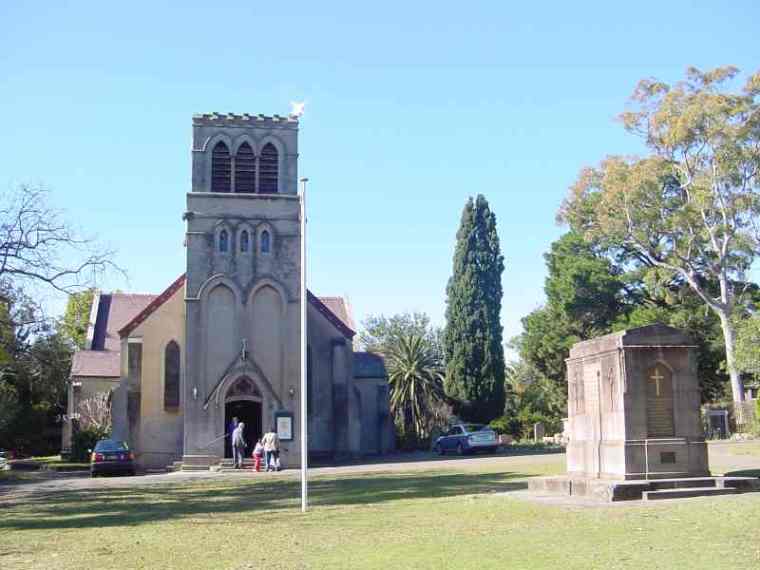
Reverend Dr. Phillip Hughes, the Senior Research Officer at the Christian Research Association, told Christian Today Australia that over 30 percent of Australian Christians do not see it as necessary to go to church every Sunday even though they identified themselves as Christian.
Responding to the 2006 Census, where there is a wide gulf between those who stated they are Christian in the Census compared to those who actually attend church on a regular basis, Dr. Hughes commented that even though they hold onto Christian values, they do not see going to church as vital.
"A lot of people say we hold onto Christian value but we don't see any necessity of going to church," he said.
"In fact, over 30 percent of Australian say, 'Yes, we believe in Christian values and we think there are important and we see ourselves as Christian but we do not see any necessity to go to church'."
Dr. Brian Edgar, Professor of Theological Studies at the U.S. Asbury Theological Seminary as well as being the former Director of Theology and Public Policy at the Australian Evangelical Alliance, was critical in his response to those who identified themselves as Christians, saying that a vast majority of Christians 'actually have no idea what it means to be a Christian' from a biblical standpoint.
"Does one have to be a Christian in order to identify oneself as such in a census where any is acceptable?" The vast majority of those identifying themselves as Christians actually have no idea what it means to be a Christian according to any sort of biblical point of view."
He continued to berate those who identified themselves as Christians just because at some point in time either their parents or grandparents were associated with a denomination, saying it demonstrated how far society has drifted away from an intelligent understanding of the Christian faith.
Reverend Dr. David Parker, the Executive Director for the World Evangelical Alliance (WEA), said that for many of those who indicated they were Christian in the Census was based on a traditional link, such as being baptised or attending Sunday church school.
"… However, for many of them, it is simply a traditional link - those in Catholic, Anglican and Uniting contexts would say they belong because they were baptized as infants - or they went to a church school or something of that kind," he said.
Dr. Parker said the real figure people should be looking at is the percentage of those who claim to be church members, rather than the Census figure which only shows 'nominal Christians' who make no personal profession of faith or are either active or committed Christians.